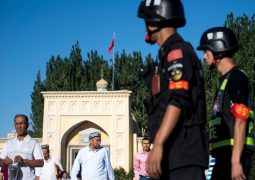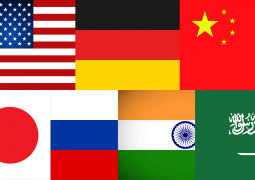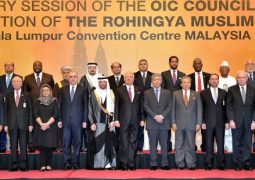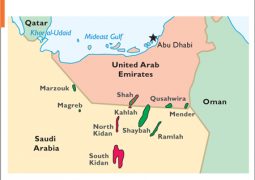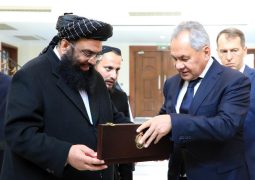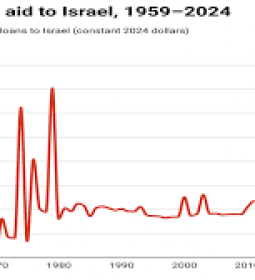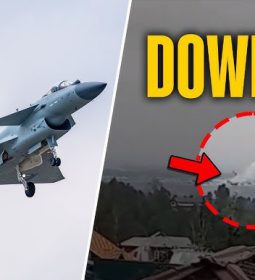Mindanao, a Philippines Island, Is Placed Under Martial Law

By Fillipe Villamore
MANILA — President Rodrigo Duterte of the Philippines placed the southern island of Mindanao under martial law on Tuesday after armed men belonging to two terrorist groups affiliated with the Islamic State killed a police officer and two soldiers, officials said.
The military and the police began a joint operation in the hopes of arresting Isnilon Hapilon, a leader of the Abu Sayyaf group, who was reportedly in the area and joined by an additional 100 militants belonging to a group called Maute.
As forces confronted the militants, the Islamists burned a school, several homes and a church. The Islamist groups reportedly took over the Amai Pakpak Medical Center, hoisting the black banner of the Islamic State above the hospital.
By Tuesday night, the city of Marawi was under lockdown, as Maute snipers roamed the town and a series of explosions could be heard for miles around.
“We have enough troops and law enforcers on the ground, as well as the appropriate equipment to support our troops,” said Brig. Gen. Restituto Padilla. “We strongly urge the residents in these areas to remain calm and stay in their homes or evacuate to safer areas if they still can.”
Both groups have pledged allegiance to the Islamic State and vowed to carry out attacks across the Philippines, a predominantly Christian country.
“Maute fighters still occupy the main street. As of tonight, three government troops were killed,” said Delfin Lorenzana, the secretary of defense.
Mr. Duterte, who cut short a trip to Russia, said the Maute group was responsible for a bombing at a night market in Davao City in September.
After that bombing, Mr. Duterte placed Mindanao under a state of emergency, giving police powers to the armed forces to aid in the manhunt.
But Tuesday’s declaration of martial law — effectively replacing the civilian government with the armed forces — gives soldiers increased impunity to carry out arrests.
Under the law, civil liberties are curtailed, and civilians can be held in detention merely on suspicion. Those who defy the law can be subjected to trial by military tribunal.
The island will remain under martial law for two months, said Mr. Lorenzana, allaying widespread fears that the country could slip into a dictatorship reminiscent of the government of former President Ferdinand Marcos.
Mr. Marcos placed the entire country under martial law to quell what he said was a communist insurgency, ushering in decades of human rights abuses and extrajudicial killings. He was forced into exile in Hawaii in 1986 after a “people power” revolution toppled his government. He died in exile in 1989.
Abu Sayyaf has long targeted locals and foreigners in the region. The group beheaded a German hostage this year and killed two Canadians in 2016.
Thirty-seven members of Maute, including a Malaysian and three Indonesians, were killed last month in clashes with the military near the town of Piagapo.
Mr. Hapilon, a senior Abu Sayyaf leader, is considered one of the most radical members of the group, and pledged allegiance to the Islamic State in videos circulated online last year.
- Previous China and Russia Take on Airbus and Boeing With New Plane Commercial Aircraft Corp. of China and Russia’s United Aircraft Corp. are building a 280-seat long-haul plane
- Next What Trump and Duterte Said Privately About the North Korean Nuclear Threat




